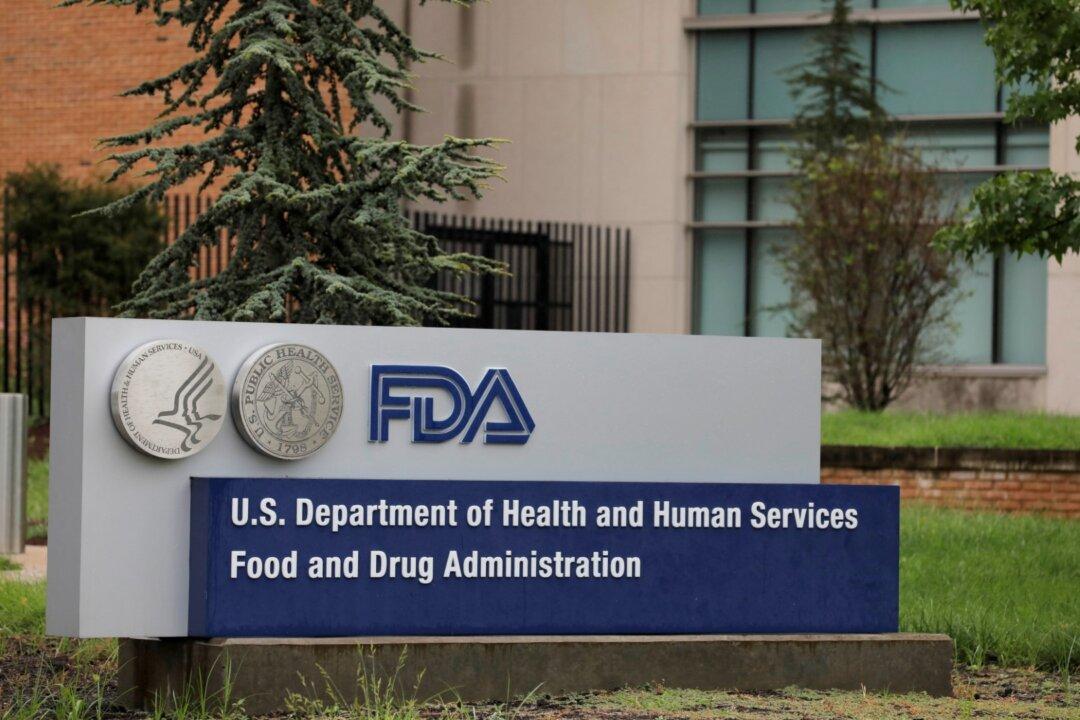A U.S. Food and Drug Administration (FDA) announcement said that the Quaker Oats Company is recalling granola bars and granola cereals over the possibility they are contaminated with the salmonella bacteria.
The products were sold across all 50 U.S. states, Guam, Puerto Rico, and the territory of Saipan, according to the FDA announcement.





